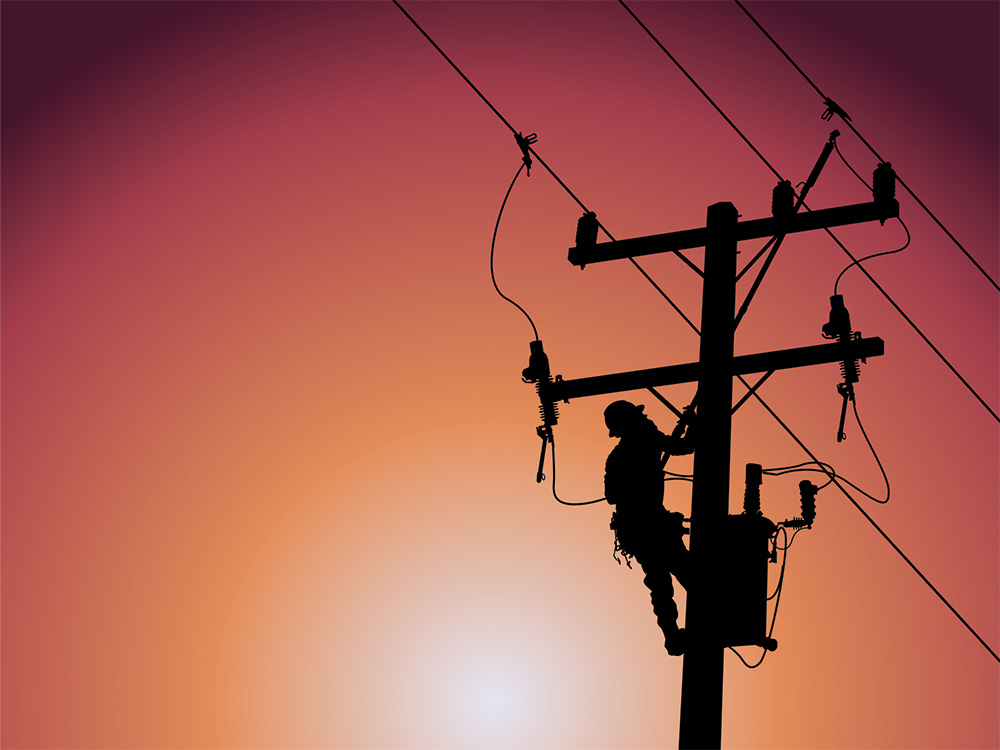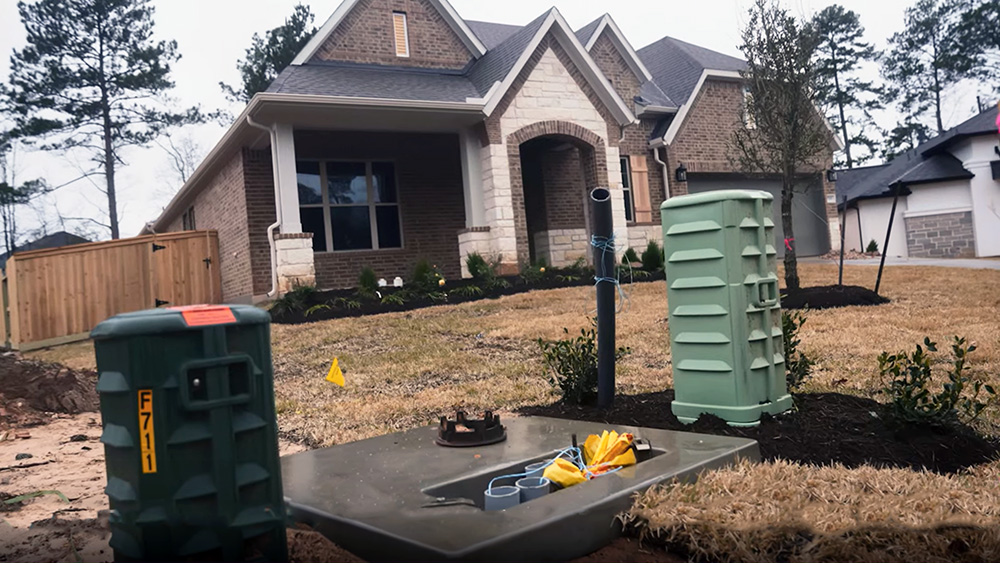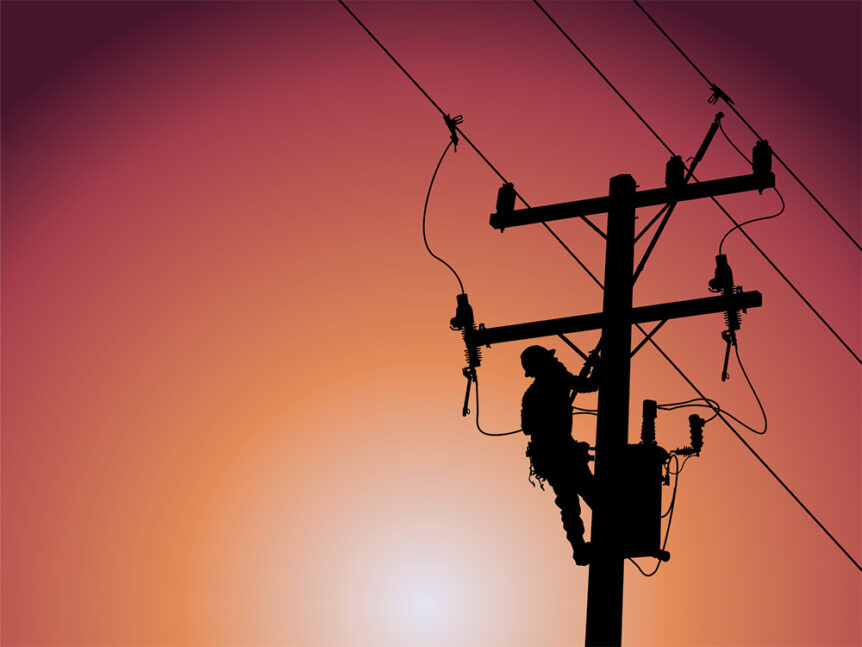Transformer Shortage Takes Toll on Builders, Homeowners and Non-Profits

New federal energy rules have created a nationwide shortage of electric transformers, worsening the housing crisis by delaying the completion of new homes. Families across America are paying the price for bad decisions in Washington. Transformers play a crucial role in the distribution of electricity to homes and businesses. Without transformers there is no power, and without power people can’t move into their homes.
Builders are justifiably frustrated as they witness the impact that these delays are having on their businesses and their customers.
Lengthy delays in transformer installation can add significant cost to a project.
Advertisement
Additionally, home builders cannot close on a home unless the transformer is installed and working, and power is being generated to the home. This creates a ‘winners and losers’ scenario by which utilities are having to pick and choose when and how to connect transformers to a particular development. These delays amount to consumers backing out of home closings, and as a result create significant costs for the builders and subsequent homeowners.
For thousands of home buyers stuck in limbo, waiting for power, that might mean an extended Airbnb stay, finding a rental, or a prolonged couch-surf with family or friends. And as they say, time is money. With the rapid spike in mortgage interest rates, this prolonged construction delay is a severe hardship, and is pricing many families out of their homes.
Background on Regulations Impacting Transformers
In a presentation from the Leading Builders of America (LBA), Clayton Traylor shared that new energy efficiency requirements for transformers took effect in 2018 and triggered a reduction in production volume. This, coupled with U.S. tariffs on imported steel exacerbated steel shortages. So, when COVID further created pressure on global supply chains, transformer production and importation were already in a tenuous state.
Now, newly proposed efficiency rules could further delay manufacturing of transformers, as home builders and developers continue to grapple with this shortage. The new rules would only result in a 0.1% increase in transformer efficiency, while only powering about half as many homes.
NAHB, LBA and five other building and utility trade groups have sent a joint letter to Energy Sec. Jennifer Granholm to sound the alarm that the Department of Energy’s (DOE) recent rulemaking proposal to increase the energy conservation standards for the production of electrical transformers will severely exacerbate the current supply shortage.

At-Risk Communities Affected by Transformer Shortage
But it’s not just builders and their buyers who are paying the price. The effects of the transformer shortage are being felt across communities, including by non-profits agencies that serve the most vulnerable individuals.
“The biggest obstacle that we have run across is not being able to get the transformers that we needed. It put our project off almost a year. The biggest impact has really been that our kids have not had the housing that they needed,” says Jean Radach, executive director of Angel Reach. Angel Reach is a Conroe, Texas non-profit dedicated to serving at-risk youth who are aging out of foster care and transitioning into society.
Department of Energy bureaucrats created this problem by implementing new regulations before manufacturers could build and deliver new transformers. As a result, real people are paying the price.
“It’s touching everybody’s lives, whether it’s a new build, a renovated neighborhood, or a non-profit that’s serving young people at risk,” says Carole Brady, executive director of HomeAid Houston, a non-profit that facilitates new construction and remodeling of shelters that provide critical resources to those experiencing homelessness.
“This is a domino effect in the community. The delay of the transformers impacted us a lot. It was just this immediate ‘we can’t get one, we don’t have one’ and no answer as to how long it would be or when it would be, no real clear view of when this stop gap was going to happen,” adds Brady. “What can you do now to get ahead of it? What can you do to solve the problem? Not just for the builders or the communities, but for the non-profits that are trying to serve those who are most in need. This challenge isn’t over, it’s just really kind of beginning, and we need solutions to this…good solutions to this.”
The lack of transformers has caused severe and damaging consequences. Real people are losing their homes. Agencies serving at-risk communities are left with their hands tied. There’s no time to waste. We must act now to provide relief to those who need it most.
GHBA’s Involvement
In tandem with the National Association of Home Builders (NAHB), Leading Builders of America (LBA) and the Texas Association of Builders (TAB), your GHBA government affairs team is closely monitoring this issue, including the Department of Energy’s (DOE) newly proposed rule to regulate energy conservation standards for distribution transformers. This proposed rule would only exacerbate the current nationwide shortage, with only a nominal increase in efficiency.
With input from stakeholders and leading home builders across the Greater Houston area, we have shared our concerns with Washington.
A local Transformer Working Group, led by GHBA, Lisa Clark, Becky Ullman and Cecile Sangalang is working with Entergy regarding issues specific to their service area. Given the rapid growth of new development in Montgomery County, Texas, coupled with the recent and upcoming DOE regulations, as well as the supply chain issues resulting from COVID, builders are reporting delays of many months or even a year to getting energy to their homes.
GHBA also continues to meet with the Dry Utilities Task Force on a quarterly basis to communicate on delays of parts that lend to transformer installation.
If you would like to be a part of the conversation or are a Builder or Developer who would like to join the Transformer Working Group, please contact Troy Allen, GHBA director of government affairs, at tallen@ghba.org.
How Can You Help?
Tell Congress it’s time to act! Share your experiences with the impact of transformer shortages with GHBA, by contacting Troy Allen at tallen@ghba.org. You can also reach out to your legislators. Share your experience and how this transformer crisis is affecting your business and threatening housing affordability. Share the following videos from LBA on your social media platforms.
Resources:
- CEO’s Letter: Entergy Texas’ response amid the global supply chain crisis
- Transformer Shortage: Impact on Home Buyers: https://youtu.be/P_ai_BzsCiE
- Transformer Shortage: Impact on Nonprofits: https://youtu.be/wn86adLNRL0
- Industry coalition letter to DOE https://www.nahb.org/-/media/NAHB/advocacy/docs/industry-issues/doe-transformer-letter-021523.pdf

